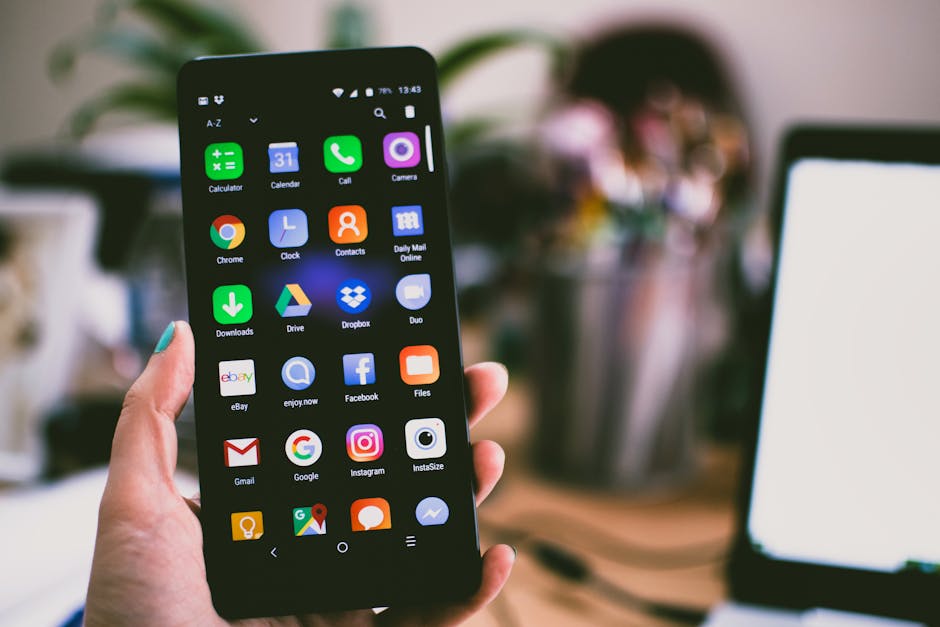How Social Media Can Influence Off-Page SEO
Social media has become a pivotal tool in digital marketing, influencing various aspects of SEO, particularly off-page SEO. Off-page SEO refers to all the actions taken outside of your website to impact your rankings within search engine results pages (SERPs). Social media can significantly boost these efforts by driving traffic, building backlinks, and improving overall online presence.
1. Social Media's Role in Driving Traffic
One of the most direct ways social media influences off-page SEO is by driving traffic to your website. When content is shared on platforms like Facebook, Twitter, or Instagram, it reaches a broader audience. This increased visibility can lead to more clicks and visits to your site. For example, a well-crafted tweet or an engaging Facebook post can result in hundreds or even thousands of visitors.
The algorithms of social media platforms prioritize content that garners engagement, such as likes, shares, and comments. High engagement rates on social media can lead to more people discovering and visiting your website. According to Statista, 54% of social browsers use social media to research products. This statistic highlights the potential for social media to drive traffic and influence SEO positively.
Furthermore, Google considers user behavior signals when ranking websites. Increased traffic from social media indicates that your content is valuable and relevant, which can improve your site's authority and ranking in SERPs.
2. Building Backlinks Through Social Media
Backlinks are crucial for off-page SEO as they signal to search engines that your content is credible and valuable. Social media can be an effective platform for generating these backlinks. When you share high-quality content on social media, it has the potential to be picked up by other websites and bloggers who may link back to your original post.
For instance, if you publish a comprehensive guide on a trending topic and share it on LinkedIn, industry professionals might find it useful and reference it in their articles or blogs. This creates natural backlinks that enhance your website’s authority.
It's also worth noting that some social media platforms themselves are considered authoritative sources. Links from these sites can carry significant weight in boosting your off-page SEO efforts. Engaging with influencers and thought leaders on social media can further amplify this effect, as their endorsements often come with additional backlinks.
3. Enhancing Brand Visibility and Authority
Social media is instrumental in building brand awareness and authority, which indirectly influences off-page SEO. A strong social media presence increases the chances of your brand being mentioned across various platforms and websites. These mentions contribute to your online reputation and can lead to more organic backlinks.

For example, if your brand consistently shares insightful and valuable content on Twitter, it can establish you as an industry leader. Other users are more likely to mention or link back to your website when discussing relevant topics. According to Forbes, brands that engage actively on social media see higher levels of customer loyalty and trust.
A well-recognized brand is also more likely to be linked by other authoritative sites within its industry. This not only boosts off-page SEO but also enhances overall credibility and trustworthiness in the eyes of both users and search engines.
4. Leveraging User-Generated Content
User-generated content (UGC) plays a vital role in shaping off-page SEO through social media engagement. Encouraging customers to share their experiences with your products or services on social platforms creates authentic content that resonates with potential customers.
UGC acts as a form of word-of-mouth marketing, which is highly trusted by consumers. When users post reviews, photos, or videos related to your brand on platforms like Instagram or TikTok, it increases visibility and can lead to more backlinks from those who see this content as credible endorsements.
- Encourages authenticity: User-generated posts are seen as genuine testimonials.
- Boosts engagement: Interactive posts foster community involvement.
- Generates backlinks: Organic sharing often leads to links from other websites.
This organic form of marketing not only strengthens brand loyalty but also enhances off-page SEO by attracting natural backlinks and increasing site traffic through user interactions.
| Social Media Platform | SEO Benefit |
|---|---|
| Increases site traffic through shares and posts | |
| Generates professional backlinks through industry shares | |
| Enhances brand visibility with visual content | |
| Boosts engagement with real-time interactions | |
| TikTok | Leverages user-generated content for authentic endorsements |
The synergy between social media and off-page SEO is undeniable. By leveraging platforms effectively, businesses can drive substantial traffic, build valuable backlinks, enhance brand authority, and harness user-generated content's power.
The influence of social media on off-page SEO cannot be understated. By effectively using these platforms, businesses can drive significant traffic to their websites, increase their backlink portfolio organically, and build a strong online presence that enhances their credibility and authority within their industry.
Ultimately, integrating social media into an overall SEO strategy ensures a more holistic approach to digital marketing. It's about creating meaningful connections with audiences while simultaneously boosting search engine rankings through authentic engagement and valuable content sharing.